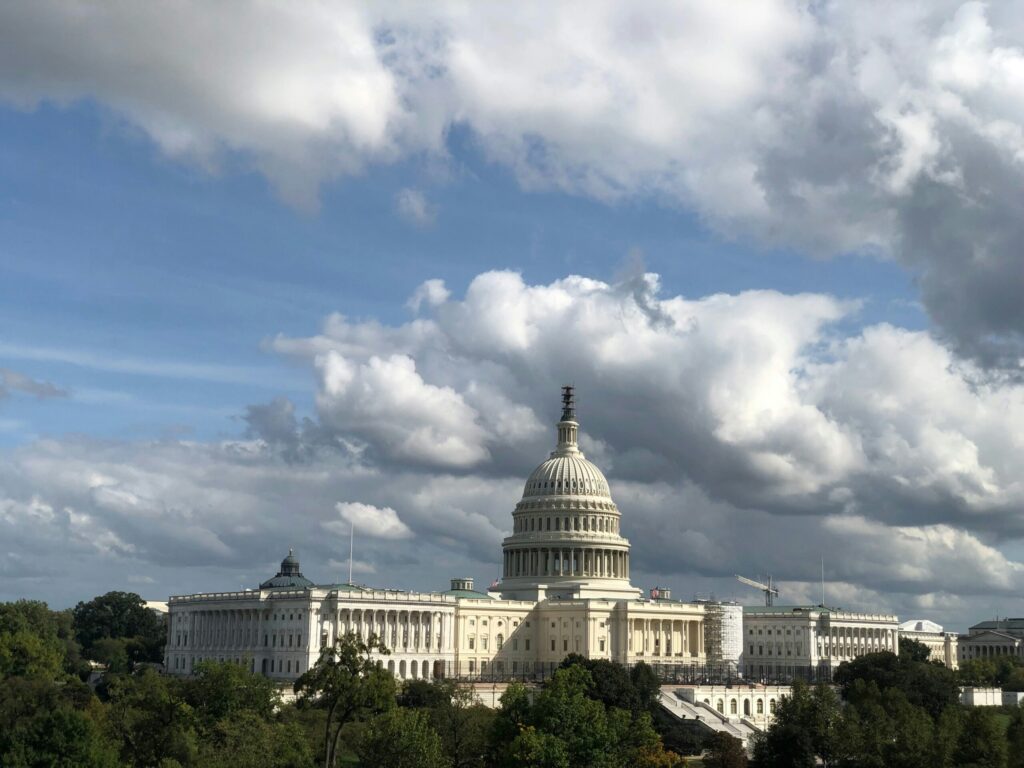Intellectual property (IP) is the lifeblood of innovation and entrepreneurship, driving progress and creating economic opportunities. Yet, it is also increasingly under threat, with IP theft costing American businesses billions annually. Enter the Protecting American Intellectual Property Act (PAIPA), a legislative tool designed to safeguard innovations, promote economic stability, and reinforce national security.
Whether you’re running a startup, managing a small business, or advising clients as a legal professional, understanding PAIPA is critical. This blog will explore the importance of intellectual property protection, break down the key provisions of PAIPA, and examine its impact on businesses and national security. We’ll also provide actionable insights into compliance and highlight valuable case studies showcasing PAIPA’s benefits.
Why Intellectual Property Protection Matters
For small businesses and startups, intellectual property is a critical asset. From the logo representing your brand to the trade secrets or patented technologies driving your competitive edge—IP underpins business growth and innovation.
Trade secret theft poses a significant threat to financial stability and economic health, particularly for small businesses that lack robust legal protections. These threats aren’t hypothetical; cyberattacks and counterfeit goods are well-documented examples of businesses or companies losing out on revenue and reputation due to inadequate protection measures.
The Protecting American Intellectual Property Act is vital because it codifies strong protections for IP, ensuring innovators and creators can safeguard their intellectual assets from significant internal and external threats.

What Is the Protecting American Intellectual Property Act?
The Protecting American Intellectual Property Act of 2022 (commonly referred to as PAIPA) is a federal law and foreign policy doctrine enacted to combat the misuse and theft of American IP. The act was created in response to growing concerns about foreign actors who knowingly engage in the theft of trade secrets, patents, copyrights, and trademarks from U.S.-based businesses.
Key Provisions of PAIPA
- Designation of Countries Engaging in Theft
PAIPA compels the federal government to identify foreign entities and governments that engage, sponsor, or condone IP theft targeting the United States.
- Sanctions and Penalties
The act authorizes punitive measures, including economic sanctions, against individuals or nations proven to be involved in significant theft. This is aimed at deterring bad actors while shielding U.S. businesses.
- Enhanced Trade Protection Enforcement
PAIPA strengthens compliance requirements for businesses to protect sensitive trade secrets and IP assets better, changing how companies report breaches or potential leaks.
How PAIPA Affects Different Types of Intellectual Property
American intellectual property spans various categories, each uniquely impacted by PAIPA initiatives:
- Copyright Protection
Creative works—like music, video content, and written material—are covered under expanded protections aimed to prevent unauthorized reproductions and piracy.
- Patent Protections
Innovators holding patents for groundbreaking inventions are protected from exploitation, especially industries producing high-tech or pharmaceutical advancements.
- Trademark Protection
Branding elements like logos, slogans, and business names are shielded from foreign counterfeit operations seeking to exploit consumer trust and reputations.
- Trade Secrets
Companies that rely on sensitive business processes or information benefit most. Clear compliance strategies ensure the integrity of proprietary data shared during cross-border business operations.
Compliance and Enforcement Mechanisms under PAIPA
One of PAIPA’s critical features is its focus on compliance and enforcement. Whether you\’re an established business or an emerging startup, here’s what compliance involves:
Understanding Reporting Obligations
Businesses must adopt rigorous tracking and auditing processes to verify potential misuse of intellectual property, whether originating domestically or internationally.
Strengthening Internal IP Safeguards
Regular employee training, data encryption protocols, and third-party audit verifications are now considered non-negotiable steps toward PAIPA compliance.
Penalties for Non-Compliance
Failure to adhere to compliance guidelines can lead to severe penalties, including loss of business opportunities or fines.
Legal professionals specializing in intellectual property protection can help entrepreneurs understand and apply these mechanisms effectively.
Supporting Businesses Through PAIPA Compliance
Navigating the legal framework of PAIPA can feel daunting for small businesses and startups. This is where legal advisors and IP consultants play a pivotal role. Legal professionals ensure organizations remain protected while growing sustainably by offering expertise in drafting contracts, registering patents, and implementing compliance strategies.
Case Studies of PAIPA Success
To see PAIPA’s impact in action, consider the following examples of small businesses benefiting from compliance:
Example 1: Protecting Trade Secrets in Tech Startups
A U.S.-based technology company specializing in artificial intelligence successfully avoided losing proprietary algorithms after implementing PAIPA recommended compliance measures. Using PAIPA-guidelines, the startup trained its workforce on identifying phishing emails, built better firewalls, and conducted external cybersecurity reviews.
Example 2: Combating Trademark Counterfeiting
An artisan coffee brand from California tackled counterfeit products flooding international markets. With the assistance of PAIPA provisions, the company’s original trademark was restored successfully, leading to a sharp sales recovery.
These case studies demonstrate how businesses—small or large—can fortify themselves with proper support and adherence to PAIPA.
What Does the Future Hold Under PAIPA?
The continuous evolution of the Protecting American Intellectual Property Act aligns with emerging trends in technology, global trade, and cyber defense. Here are a few developments businesses can expect in the future:
- Stronger AI Integration for IP Monitoring
Expect AI-powered tools to identify potential IP breaches earlier and flag areas of exposure.
- Expanded Collaborative Networks
Governments and private enterprises could collaborate globally to enforce stricter cross-border IP regulations.
- Opportunities to Foster Innovation
By ensuring a secure framework for IP development, PAIPA encourages home-grown innovation and levels the playing field for small businesses that would otherwise struggle against large corporations or foreign competitors.
Promoting a Competitive and Secure Tomorrow
The Protecting American Intellectual Property Act isn’t just a law; it’s a significant pillar for safeguarding innovation and promoting economic health. Small businesses, startups, and legal professionals all have a role in effectively leveraging its provisions.
Are you ready to secure your business and thrive under PAIPA compliance? Connect with an intellectual property consultant or explore additional resources to streamline your compliance strategy. Protect your ideas. Protect your future.
Looking to Patent an Invention?
Please contact Arlen Olsen at Schmeiser, Olsen & Watts LLP at aolsen@iplawusa.com.
About the Author

Mr. Olsen, a former adjunct professor of intellectual property law, has over 25 years of experience in all aspects of intellectual property law. Mr. Olsen is a founding Partner of Schmeiser, Olsen & Watts LLP and a former United States Patent Examiner. Mr. Olsen has prosecuted numerous patents that have been litigated and received damages of over 60 million dollars. Additional activities include teaching seminars, appearing as a guest lecturer on intellectual property matters for corporations and educational institutions, and evaluating and consulting with clients regarding the scope, enforcement, and protection of intellectual property rights.



